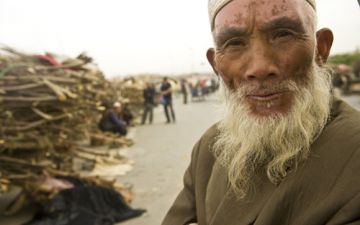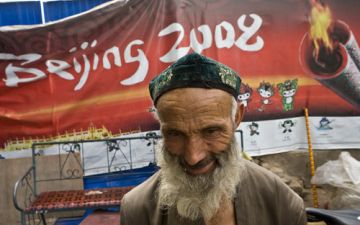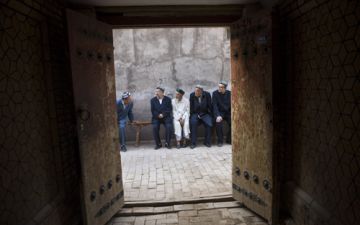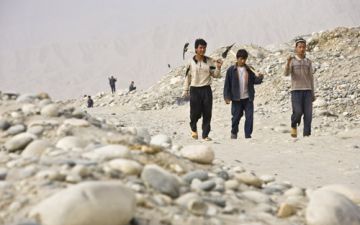Religious faith is central to the lives of billions, a driving force in everything from family structure to relationships within and among the world’s nation states. It is also the venue, and often the source, of conflict.
Religion presents Pulitzer Center reporting on these themes from throughout the world—from the explosive growth of megachurches in Africa and Latin America to intra-Islam schisms of the Middle East, to the self-immolation of Tibetan Buddhist monks and Buddhist soldiers running roughshod over the rights of Burmese Muslims, to the struggles of faith groups everywhere to come to terms with human sexuality.
In some parts of the world, notably China, governments that long suppressed religious expression are now invoking those traditions as part of the solution to environmental and other challenges. Elsewhere, from majority-Catholic Philippines to Muslim Indonesia, religious doctrine on issues like reproductive rights is in uneasy dialogue with the forces of modernization and globalization.
In Religion, we aim for reporting that tackles these tough, core issues—but without the easy stereotypes and caricature that too often make journalism a tool for demagogy. In the Pulitzer Center reporting presented here we seek instead to be a force for understanding.
The Pulitzer Center’s reporting on religion and public policy issues is made possible through the support of the Henry Luce Foundation, the Kendeda Fund, and other Pulitzer Center donors.




